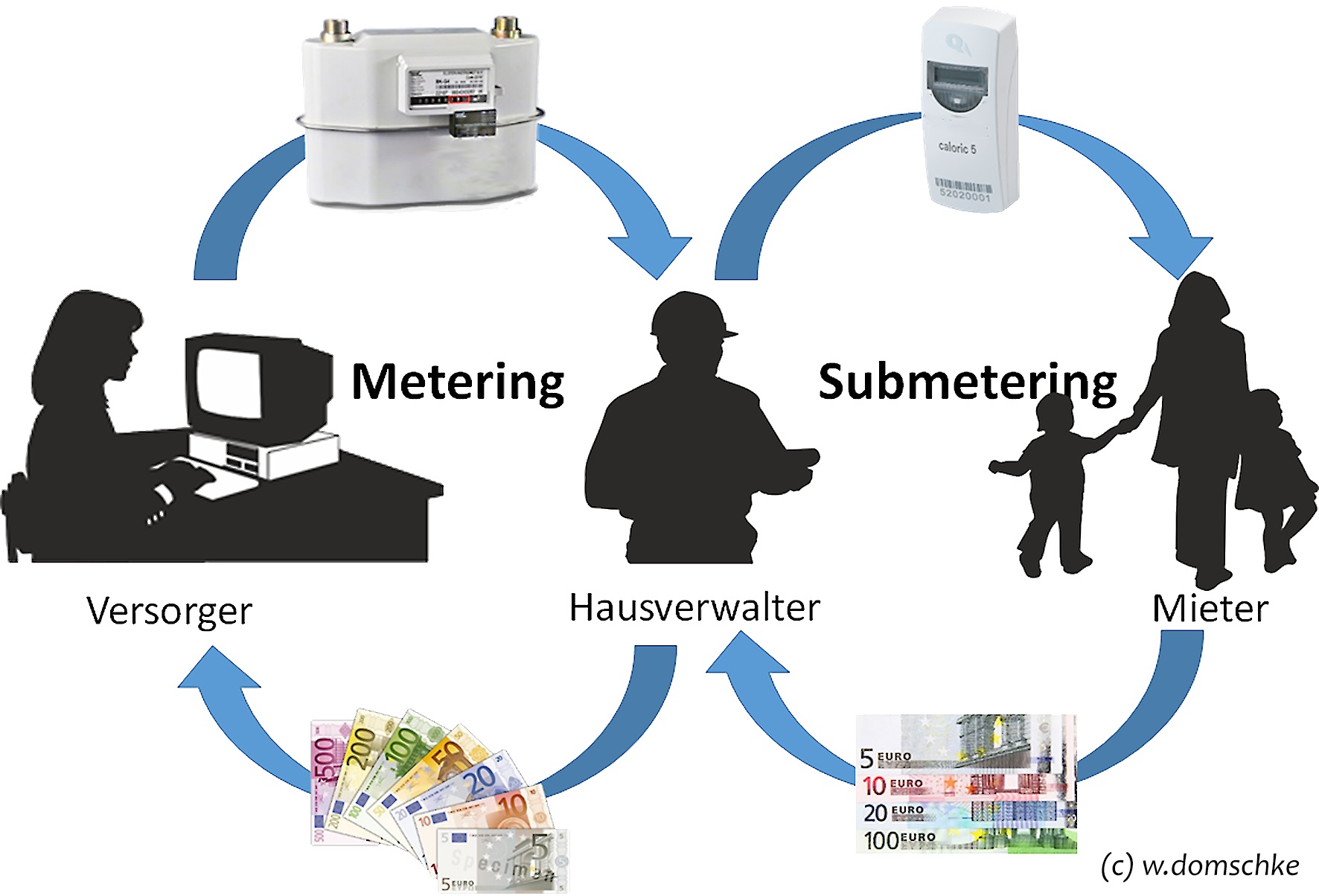Cologne, October 17, 2017 – The European Commission is currently revising the EU’s Energy Efficiency Directive (EED) 2012/27/EU. Sub-metering is one of the main topics of the proposed revision, along with new energy savings targets. The amendments concerning sub-metering are about transparent, timely, remotely readable consumption information and the cost of metering and billing information in multi-unit buildings where heating, cooling or hot water are supplied from a central source.
The OMS-Group has the solution for these topics. Cost-effective sub-metering requires interoperable metering systems. The Open Metering System developed by OMS-Group continues to be the only interoperable smart metering communication system for all types of energy, water and sub-metering in Europe.
This achievement does not go unnoticed. In its final report on its “Sector Inquiry into Submetering of Heating and Water Costs”, published in May 2017, the Bundeskartellamt (Federal Cartel Office, an independent higher federal authority assigned to the Federal Ministry for Economic Affairs and Energy) points out that the lack of interoperability between meter systems is one of the obstacles to competition in the sector. The OMS-Group’s solution is pointed out positively in this report: “An interoperable standard for the sub-metering sector already exists with the Open Metering System (OMS).” The Bundeskartellamt advocates the further promotion of interoperability of meter systems and refers to legislative measures such as the German Smart Meters Operation Act and the European Commission’s proposal to amend the EU’s Energy Efficiency Directive.
“Enabling energy efficiency has always been a key goal for us,” says Dr. Werner Domschke, Spokesman of the OMS-Group Executive Board. “This has been the focus for the two associations that co-founded the group, the KNX Association and the German Federal Association of Gas and Water Companies (figawa). From the very beginning, we knew that we wanted to make a patent-free interoperable solution available to the industry. Interoperability makes OMS-certified measuring instruments a future-proof investment.”
The European Commission intends to include a new binding energy efficiency target in the amended Energy Efficiency Directive: by 2030, a 30 % reduction in energy consumption is to be achieved compared to 2007 forecasts for 2030. The Commission also proposes to extend the energy saving obligation, which requires energy suppliers and distributors to increase their energy savings by 1.5 % per year, beyond 2020. Finally, the amendments to Articles 9-11 are intended to improve the rules relating to metering/sub-metering, billing, and the cost of metering and billing information – including the obligation to install remotely readable meters so that consumers may obtain timely information on their consumption (at least once a month as of 2022).
Ten years after the foundation of the OMS initiative, 58 members support the interoperable OMS standard. The new website www.oms-group.org offers a detailed overview as well as numerous technical reports and documents available for download.
Cost Reduction in Sub-Metering with OMS



